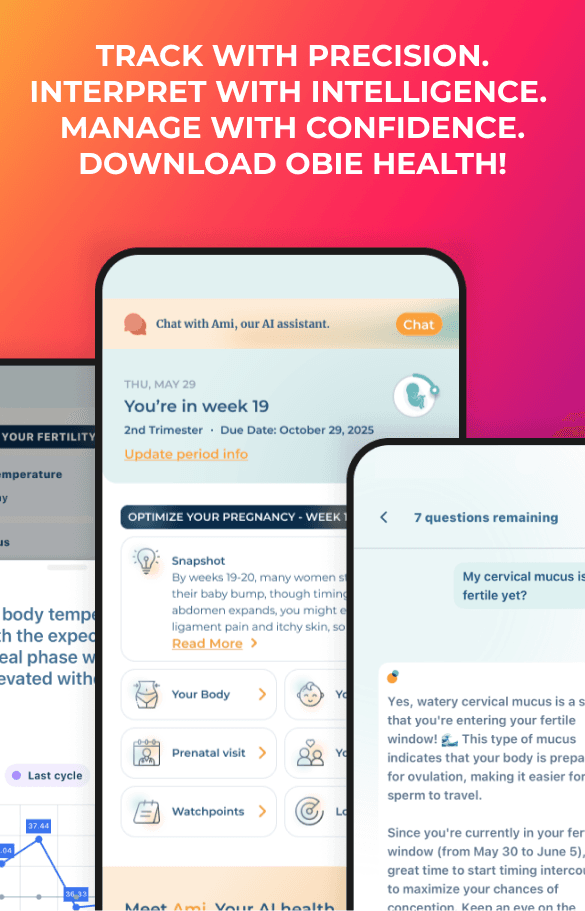Do School Schedules Work for Working Parents?
News
Obie Editorial Team

Jessica Grose is the mother of a three-year-old daughter who just started preschool. Grose and her husband both work full time outside the home so they can afford to send their daughter to the daycare center of their choice. Their choice daycare center is close to home, nicer than most, and operates on a full-time schedule. As new parents they weren’t aware of how tough the competition is to get into a daycare center but this center happens to be the same one Grose’s husband attended once upon a time so they had a leg up with the admissions office, thanks to the center’s legacy policy.
What Grose did not expect was how involved she would have to be as the parent of a preschooler. Her expectation was to drop the daughter off at 8:30, pick her up at 6:00, and be done with daycare for the day. As the first day of school approached, she found out her expectations were off course. She told her story of schedule-juggling frustrations to NPR on September 4.
Scheduling Frustrations
Perhaps her first frustration was that the first week of daycare did not operate on the usual full-time schedule and she’d either need to miss work, work from home, or find other arrangements for her daughter for half a day all week long. Again, Grose was lucky and acknowledges it; her parents live close enough and were willing to pick their granddaughter up and keep her until her parents got home from work.
Snack Time
Another frustration Grose discusses is the many parental obligations that were expected of her, including bringing snacks for the entire class on a regular basis. Snacks that meet the nutritional value of the school without infringing on any child’s allergy or health concerns; snacks that included the brand-name items on the approved list. Classroom snacks may not seem like such a big deal but Grose knows this is only the beginning of many years of school-related parental obligations that she’ll have to juggle alongside other parental duties, home, family, and career obligations.
A Stay-at-Home Parent in Every Family
She questions how or why parents are expected to take on such a big role in the school system when they are working full time. What about single parents, parents who work inflexible hours or at low-paying jobs that require them to forfeit income for time spent tending to school obligations? Many jobs are simply not accommodating of family matters.
What about families that don’t have grandparents or others in their social circle to pinch hit when a parent can’t meet the school’s expectations? She wonders why schools seem to schedule activities and obligations as if there’s a stay-at-home parent in every family.
Child Care Breakdown
Grose refers to a 2014 poll conducted by Child Care Aware of America, an organization that describes itself as “America’s most trusted child care resource.” Of the parents responding to the poll, roughly 30% reported some kind of “child care breakdown” in the three months prior to the poll.
Encouraging Parental Engagement
The US Centers for Disease Control and Prevention (CDC) actively encourages school administrators across the nation to promote parental participation at every grade level. It issues guidelines and promotional materials to make parental engagement more effective.
According to the CDC, there are many advantages to parents’ active engagement in their child’s school experience:
- Makes for more effective parenting
- Encourages stable, healthy lifestyles
- Builds the child’s character traits such as self-esteem, positive thinking, and temperamental resilience
- Reduces the risk of unhealthy behaviors during adolescence (skipping school, use of drugs and alcohol, risky sexual activities)
The benefits of parental engagement are obvious but, as Grose is discovering, school schedules don’t always work so well for working parents.
Sources:
- "Preschool And Privilege: When Early Education Hinges on Parental Flexibility." Jessica Grose. Fresh Air. NPR. 4 Sept. 2015. Web. 12 Sept. 2015
- Child Care Aware. NACCRRA, 2015. Web. 12 Sept. 2015.
- "Children (Ages 4-11) - Engaging Parents in School Health." CDC / Parent Information. US Department of Health and Human Services, 16 Mar. 2015. Web. 12 Sept. 2015.







